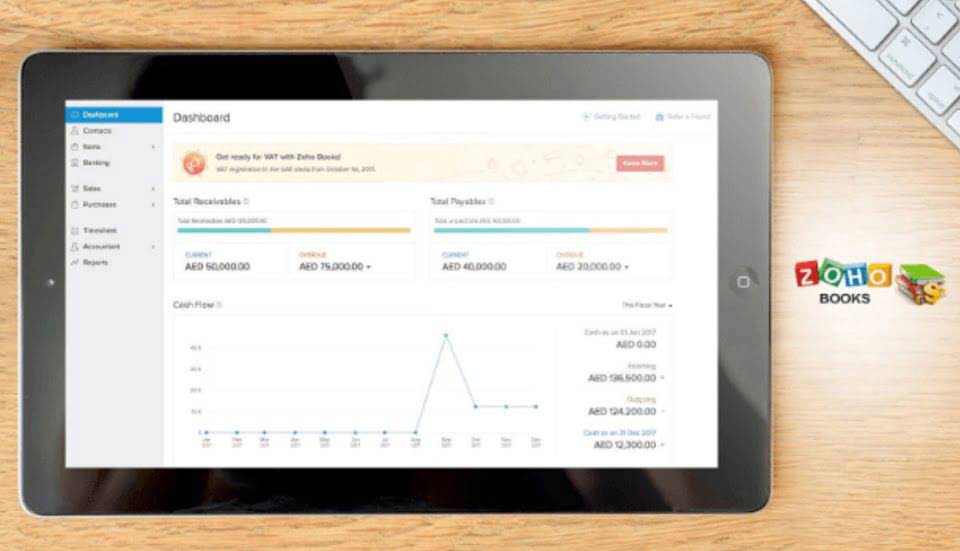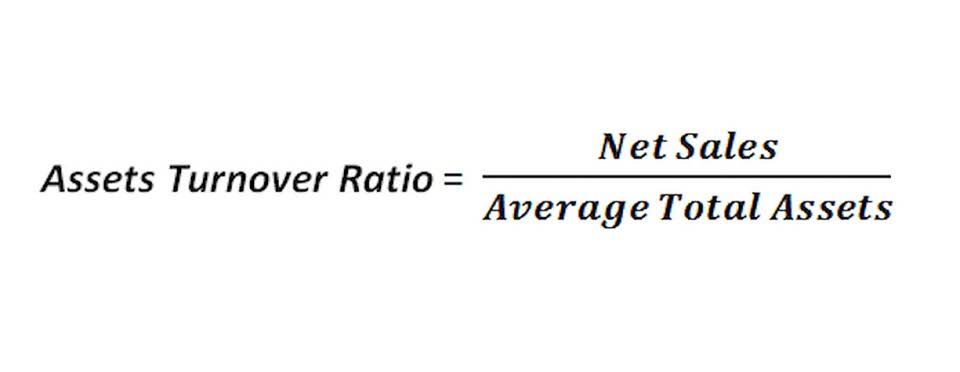
Patient payment solutions include online payment portals, point-of-service collection tools, automated payment plans, mobile payment options, and cost estimation tools. The solutions may also have patient engagement and communication capabilities, such s payment reminders and statements. Revenue cycle analytics solutions are key to measuring and tracking key performance indicators (KPIs).
Selection Criteria for Choosing Medical Accounting Software
Denied claims may be appealed, but only if there is a reason for reconsideration. For example, if a procedure isn’t covered by the insurance company in the first place, the claim will always be denied. However, if it turns out the procedure is covered but the wrong code was used, that may have resulted in an accidental denial. The type of software your hospital requires will depend on several factors like size, funding, frequency of inpatient vs. outpatient services, and whether you are a for-profit or nonprofit organization. We tested 15 of the most popular medical accounting systems and selected our favorites below.
Flexible Reporting And Analysis Features For Medical Practices
Your patients rely on you for your professional opinion about their healthcare needs. FreshBooks helps you impress clients with invoices that are as professional as you are. Create sleek invoices and custom estimates that reflect the unique branding and personality of your practice, so you always stand out from the crowd. There are no additional setup fees and it includes access to all the core features. Kareo’s pricing starts at $160 per provider per month (billed annually), making it an affordable solution for small to medium-sized practices. NerdWallet independently reviews accounting software products before determining our top picks.

Sage Intacct
Take control of your healthcare business accounting with the help of these integrations. You spend long days and evenings tending to patients who rely on your expertise. FreshBooks can help you achieve a better work-life balance by automating time-consuming tasks like organizing expenses and running reports. Striven stands out with features that cover everything from project management, accounting, inventory, and customer relationship management. When it comes to integrations, Striven shines by offering connectivity with numerous third-party platforms, including QuickBooks, Outlook, and Google Drive.
Patient payment solutions
FreshBooks lets you test out its easy-to-use features for a full 30 days before committing — no strings attached and no fine print. Sign up for your free trial today to start growing your healthcare practice and managing your finances the easy way. Running a busy healthcare practice means you need to be able to do important work from anywhere.

Best for Invoicing
It allows for patient tracking, alerts and reminders, insurance eligibility verification, claim submissions and remittance advice, e-faxing, along with operational, financial, and analytical reports. And that’s on top of the standard aspects you’d expect such as patient charts and portal services. Greenway Health’s Medical Practie Management Software is a cloud-based and integrated PM, EHR, and billing solution that offers over 4,000 customizable templates to cover any clinical practice needs. You need accounting software for your healthcare business that simplifies the bookkeeping process.
Medical accounting software manages and tracks financial operations within healthcare facilities, streamlining billing, payroll, and budgeting processes. A clearinghouse is a third-party entity that facilitates the electronic exchange of information, particularly billing and administrative data. For claims management, clearinghouses typically submit claims to payers on behalf of providers after they have validated and scrubbed the claims to ensure compliance and accuracy. Providers use a clearinghouse to expedite processing claims and other administrative transactions, streamline claims submission to multiple payer partners, and access enhanced reporting on claim trends. But in larger organizations, the terms “accounting software” and “ERP” are often used interchangeably. The right software will provide the data management tools needed for accurate account balances and prepare you for tax time.

Today, most ERP systems offer automatic consolidation add-ons, though they aren’t perfect solutions. First, you typically have to pay extra for the add-on, and they also aren’t built to prepare the data for consolidation, meaning you’ll still have to do some manual work in accounting software for medical practice a spreadsheet before consolidating it. So in addition to its accounting functionality, Netsuite also comes with CRM, eCommerce, manufacturing, and human capital management modules. Seamlessly track and integrate your inventory with SoftLedger’s retail accounting software.
- By maintaining an audit trail, organizations can enhance data integrity, mitigate risks, and improve governance practices, fostering trust among stakeholders and ensuring the reliability of business processes.
- It’s very user-friendly, and its mobile app makes it easy to manage an account on the go.
- Choose a software application that integrates with the state and federal regulatory requirements to avoid the risk of non-compliance.
- Its wide range of financial management features helps organizations keep their books balanced, taxes organized, and expenses tracked, making it the best tool for overall financial management.
- However, if it turns out the procedure is covered but the wrong code was used, that may have resulted in an accidental denial.
Can healthcare and medical practices benefit from using QuickBooks?
All of the healthcare accounting platforms in this category are designed for more advanced organizations with one or more accountants managing the company’s finances. So to help you find the best healthcare accounting tool for your organization, here’s a detailed analysis of some of the top medical accounting platforms. A comprehensive guide to the financial systems available for healthcare organizations. OSP ensures data security and compliance by implementing robust security measures such https://www.bookstime.com/ as encryption, access controls, and regular security audits. Additionally, OSP adheres to privacy regulations such as HIPAA to safeguard patient data and ensures compliance with other relevant healthcare regulations throughout the software development and implementation process. By maintaining an audit trail, organizations can enhance data integrity, mitigate risks, and improve governance practices, fostering trust among stakeholders and ensuring the reliability of business processes.

